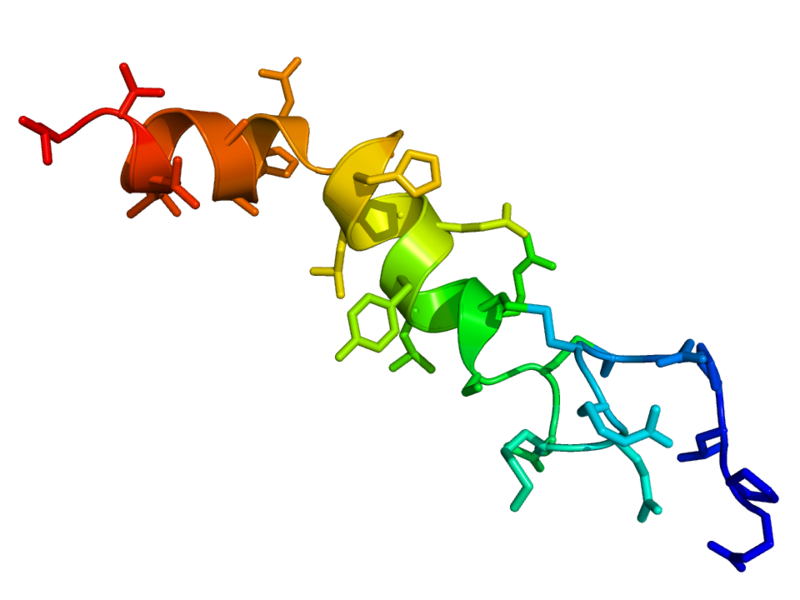Sleep medications that prevent wakefulness may also quell drug cravings

By Christine Soares
A restful night's sleep may quiet the desperate need to drink a cup of coffee first thing in the morning. Pharmaceutical companies are now examining whether innovative sleeping pills, which guarantee healthy and natural sleep, may also work against the most severe addictions.
The new sleep aids block the action of peptides in the brain, peptides called orexins. These short proteins keep us alert and attentive during the day and they also control the stimulant effects of addictive drugs. Orexins do not directly cause addiction or relapse after withdrawal, but these phenomena do not occur without the involvement of these peptides.
The fascinating connection between sleep and addiction has long been recognized in people suffering from narcolepsy, a disorder that causes sudden falling asleep. Although people with this disorder were sometimes treated with powerful amphetamines to help them stay awake, they never became addicted to these stimulant drugs. In 1998, genetic detective work revealed the origin of necropsy in mutations in the genes responsible for the production of orexins or in their receptors. These discoveries revealed both the existence of these peptides and their critical role in maintaining brain alertness. Efforts to utilize these discoveries for innovative treatments for insomnia have led to the discovery of several compounds that are currently in the final stages of clinical trials.
The companies that develop these sleeping pills are also researching the effect of orexins on addiction, using animal experiments. A new study conducted by Davide Quarta and his colleagues at GlaxoSmithKline's research center in Verona, Italy, found that when the researchers gave rats amphetamine along with the company's experimental orexin blocker, SB-334867, the stimulant caused the rats' brains to release less dopamine and nervous excitement. lower compared to the control group. These results were repeated even with repeated doses. Nerve cells develop excitement, which means they produce more receptors for the drug that induces craving, so a larger amount of it is needed to reach stimulation, which drives the cycle of addiction.
John J. Ranger and colleagues from Merck also showed that giving rats another experimental orexin blocker together with amphetamine prevented the increase in neural excitability. In the same study, the researchers found that if rats weaned from nicotine addiction are given nicotine together with a compound that blocks orexin receptors developed by the company, they do not relapse and become addicted to the drug.
"What we showed is not that amphetamine activates orexins," explains Ranger, "because we know that amphetamine activates dopamine." But the orexins that the brain secretes in response to stimulants increase the action of dopamine later in the process, an action that causes excitement and addiction. "Orexins set the stage," says Ranger, for these brain changes to occur.
As necropsy exemplifies, a lack of orexins removes the barrier to falling asleep. This is why the new sleeping aids, which block orexins, may help a more natural nap than do the sleeping pills given today that suppress brain activity in general and therefore have to oppose the signals that tell the brain to stay awake, like orexin.
Stimulant drugs may also cause an unnatural imitation of normal stimulation, Ranger speculates. This may explain why orexin plays a role in enabling dopamine to activate the learning and reward mechanisms that lead to addiction. The research in animals shows that the administration of orexin blockers together with the stimulant drug may also activate a mechanism that eliminates addiction.
The companies have not announced plans to develop orexin blockers to treat drug addiction, but Ranger says that when the new sleeping pills hit the shelves, they may help achieve that goal simply by enabling a healthy night's sleep. "There is evidence that one of the main reasons alcoholics return to drinking is insomnia," he explains, "because they rely on alcohol to go to sleep." Orexin blocking sleeping pills may allow better quality sleep than falling into unconscious drunkenness. But it still has to be proven and seen if these will be the first sleeping pills to come with a guarantee that they are not addictive in themselves.

3 תגובות
Melatonin for improved sleep, especially in adults
Why don't you have a like button???